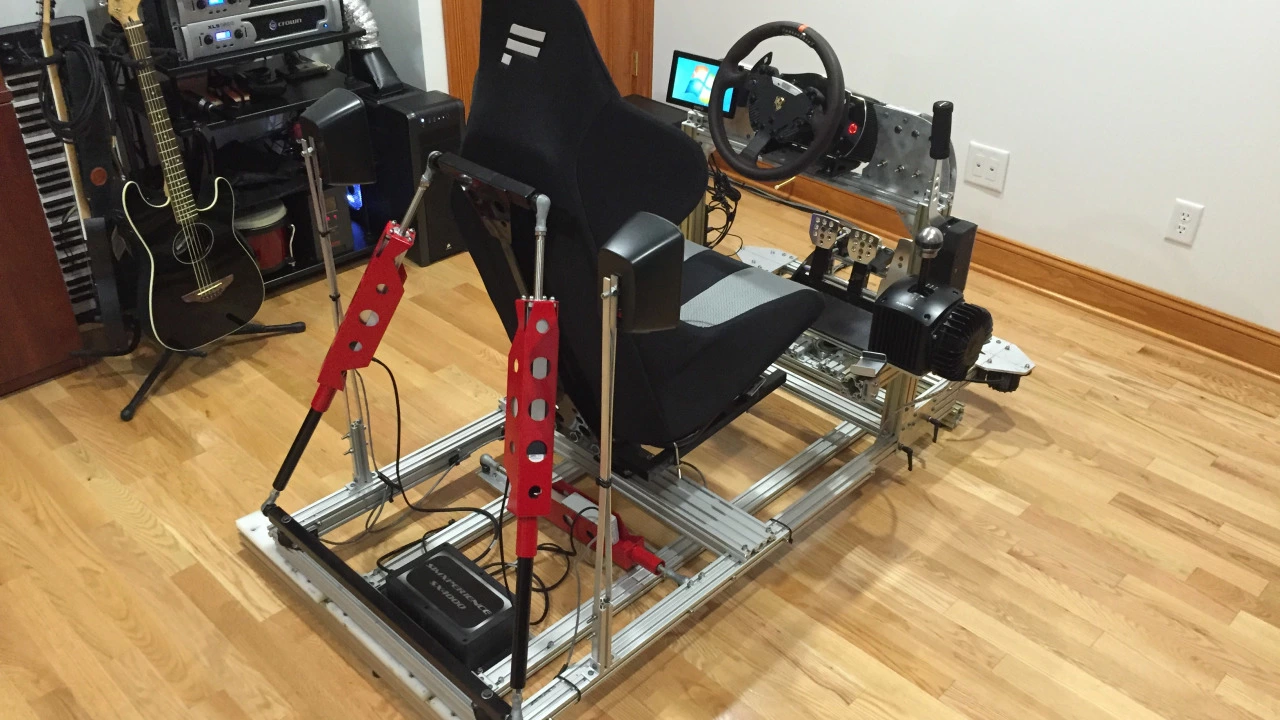Build Your Motorsports Knowledge With Speedway Hub
Love speed? Want to know what makes a race exciting or why a team drops out? This page gives you straight‑forward answers and useful tips so you can build a solid base of motorsport know‑how.
Why Build a Knowledge Base About Racing?
Understanding the reasons behind big moves helps you follow news without guessing. For example, BMW quit Formula 1 after the 2008 crisis. The company needed to save money and focus on eco‑friendly tech, so they left the sport. Knowing that story makes future announcements easier to read.
Similarly, the popularity gap between F1, MotoGP and the US isn’t magic. It’s mostly about TV coverage, local heroes and the fact that many Americans already love NASCAR or IndyCar. When you see a headline about low US viewership, you’ll know the real cause.
How to Build Your Own Involvement in Motorsports
If you’re thinking about joining a street‑racing scene, start with the basics. Learn the local laws, get the right safety gear, and find a community that respects the rules. It’s not just about fast cars – it’s about respect, safety and genuine love for the sport.
For those who dream of a professional career, look at why factory teams are rare in NASCAR and IndyCar. Those series focus on driver skill and keep costs low by limiting how much a car can be changed. Knowing this helps you set realistic goals and pick the right path.
Even the danger level matters. NASCAR’s high speeds and close packs make it one of the riskier sports out there. Knowing the safety measures – fire‑proof suits, helmets, strict track rules – lets you appreciate the sport without ignoring the risks.
Every article on this tag gives a piece of the puzzle. The piece on building a street‑racing network explains the steps you need to take. The write‑up about BMW’s exit from F1 shows how economics can shape a sport. The post on why there are few road races in the US reminds you that regulations play a big role.
Use these stories as a checklist. Ask yourself: Do I know the history behind this series? Have I checked the safety rules? Am I ready to invest time and money? Answering those questions builds confidence before you step onto the track or into a fan forum.
So, whether you’re a casual fan trying to understand a headline, or an aspiring driver looking for the first step, start with the basics, read real‑world examples, and keep asking questions. That’s how you build real‑world motorsport knowledge – simple, practical and always moving forward.
